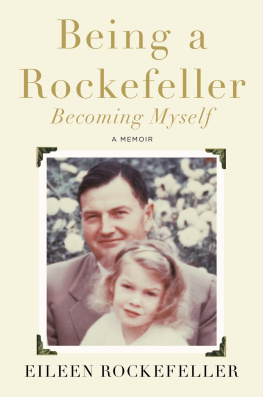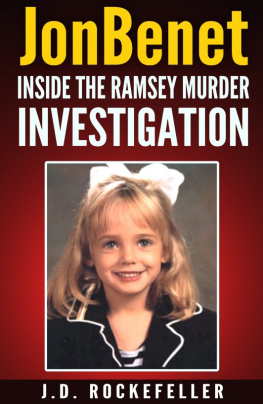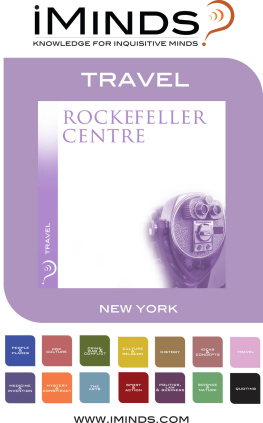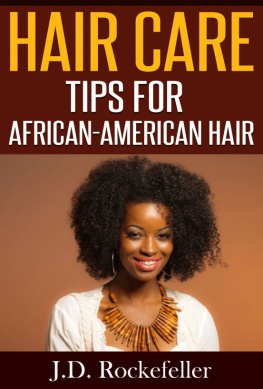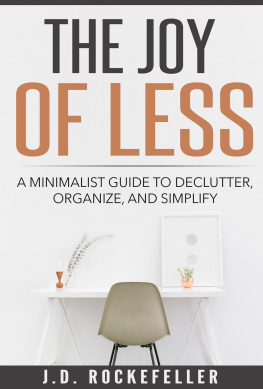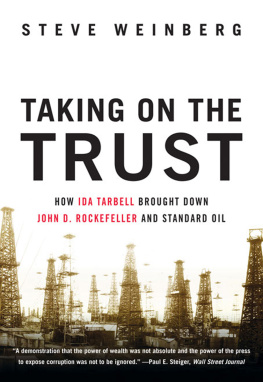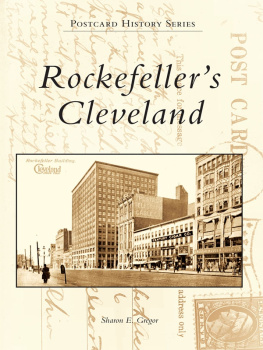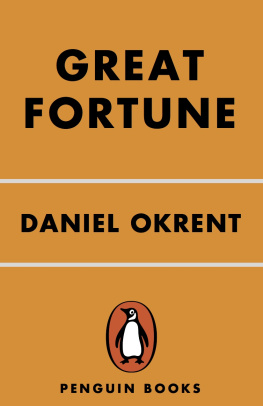Each fall my peonies collapse, flattening to the ground like tired ballerinas. Without a sound they surrender their youthful beauty to the cold. By the time snow covers them they have disintegrated and started turning back into soil. It is hard to remember them as blowsy hedges around our circle drive.
Six months later, when spring arrives, the plants send up new shoots as fast as the birds return. Their leafy abundance, flouncing pink and white flower heads in the breeze, catches my breath mid-step.
For me, awareness is like this. It awakens naturally from its dormant state. I still remind myself to let it grow in its own time.
When I was a child I thought the duration of a meaningful experience or the length of time I knew someone was in direct proportion to its impact. I have been surprised by this misconception, having often experienced the opposite. The school I spent the least time attending shaped my life the most. A woman I once spent only one week with as a teenager still influences the way I listen to others.
Sometimes I find awareness in a single flower petal. If I stop to savor the spoon of its creamy flesh, the whole day blossoms, just like a peony.
1.
T HE S TORY I D IDNT W ANT TO T ELL

J ohn D. Rockefeller was my great-grandfather. For years, my siblings and I tried to keep this a secret because his name created such a buzz. Adulation, judgment, envy, and endless curiosity flew around us like a swarm of bees. I was afraid of the sting. People saw us as different, and that set us apart. Their preconception of my family as akin to royalty contributed to my sense of isolation and loneliness.
I live with anxiety and gratitude, just like the generations of Rockefellers before me. Without anxiety and the desire to heal it, I would not be writing this story.
The physical comforts and circumstances of my life were undeniably different from most peoples. I grew up in big houses with lots of servants. I was given an allowance that could probably be considered large, and I went to school in a chauffeur-driven limousine. We called it the hearse or curse because, before the oldest ones left for boarding school, we needed a car large enough to carry all six of us. It had two jump seats in back. My siblings and I (and, it turns out, my cousins, too) jumped out a block or two before we arrived at school so we could walk up to the door just like everyone else. We tried to hide who we were because we wanted to fit in, and also because my mother trained us not to stand out.
As an heir to the Rockefeller legacy I have found that real richness and power comes not from the amount of money but from our connection to ourselves and one another. I am just as much Eileen as I am Rockefeller. I struggle with my weight. I am getting more lines in my face every year. I have fights with my husband, I get really impatient when I have to wait for a long time in the grocery or gas line, and I hate going through airport security. Sound familiar? And just like you, I am also unique.
I am part of a long line of venture capitalists and philanthropists. Its hard to talk about my grandfathers without them taking over. Their accomplishments overwhelm me. I feel small and insignificant in comparison.
I come from a family of ledger keepers. We have been practicing for over 150 years. It started in 1855, during the Great Awakening of our nation, a strong religious revival movement among Protestant denominations. A fifteen-year-old boy felt compelled to drop out of Cleveland Central High School. He would have had to have studied Greek and Latin to qualify for college. That wasnt his plan. He needed a steady income to support his mother and siblings. His father, William, was a charismatic land speculator, referred to as Big Bill. He occasionally sold stolen horses and left home for extended periods of time, selling snake oil remedies, which he promoted as medicinal cures. William was rumored to appear in marketplaces acting as a mute. He held a sign that read: Dr. William A. Rockefeller, the celebrated cancer specialist, here for one day only. All cases of cancer cured, unless too far gone, and then can be greatly benefitted. He also cultivated a second, simultaneous family. His philandering lifestyle, compounded by absence and scant amounts of money, left John D. Rockefeller, the boy, extremely anxious. He kept track of every penny, but it often wasnt enough to pay the bills; he vowed to be more reliable than his father. The familys well-being depended on it. He wrote down his ministers advice in his little book: Get money, get it honestly, and then give it wisely.
Just weeks prior to graduation he left high school, bypassed college, and enrolled in a nearby business school, pushing himself to finish the six-month program in half the time. Careful bookkeeping was key. His first job at the age of sixteen was as an assistant bookkeeper for Hewlett and Tuttle, a firm selling products on commission, in Cleveland. They paid him nothing for the first three months, waiting to see how he would do. He was so relieved at the opportunity to support his family that he celebrated his first day of salaried work, September 26, 1855, for the rest of his ninety-seven years.

